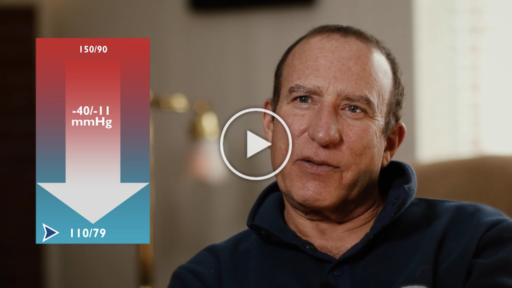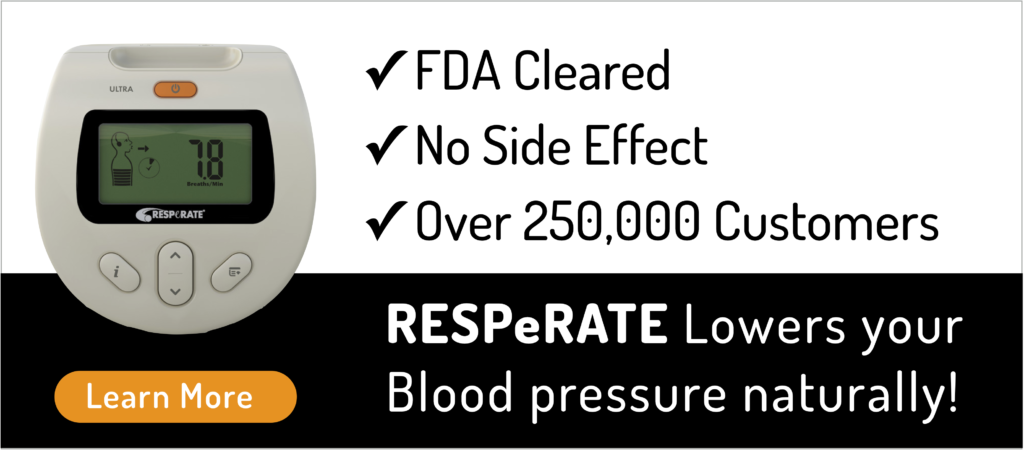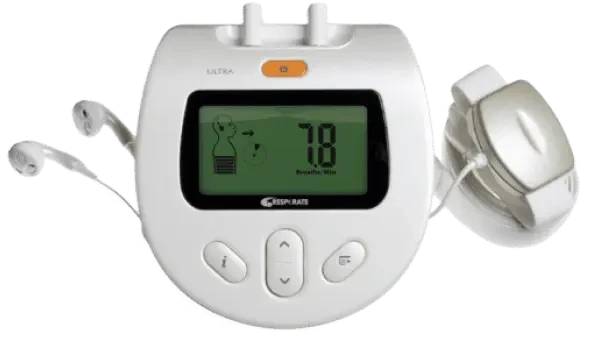As I sit writing this article today I am here with 3 wires strapped to my chest and a little box on my side. Yes, the 24-hour cardiac monitor. Why? Well because I have what is called atrial fibrillation and SVT or superventricular tachycardia. Add that to high blood pressure, controlled, and you get quite a combination. The nurse who wired me up this more said it perfectly, ” It is like having a jazz drummer play on your heart.” Bingo! If any of you have seen the drum solo in the movie “Whiplash” the end scene says it all.
What Is Atrial fibrillation?
Atrial fibrillation (also called AFib or AF) is a quivering or irregular heartbeat (arrhythmia) that can lead to blood clots, stroke, heart failure and other heart-related complications. At least 2.7 million Americans are living with AFib.
What happens during AFib?
Normally, your heart contracts and relaxes to a regular beat. In atrial fibrillation, the upper chambers of the heart (the atria) beat irregularly (quiver) instead of beating effectively to move blood into the ventricles.
If a clot breaks off, enters the bloodstream and lodges in an artery leading to the brain, a stroke results. About 15–20 percent of people who have strokes have this heart arrhythmia. This clot risk is why patients with this condition are put on blood thinners.
What Is Super-ventricular Tachycardia?
Supra-ventricular tachycardia (SVT), also called paroxysmal supra-ventricular tachycardia, is defined as an abnormally fast heartbeat. It’s a broad term that includes many forms of heart rhythm problems (heart arrhythmia’s) that originate above the ventricles (supraventricular) in the atria or AV node.
A normal heart rate is 60 to 100 beats per minute. A heart rate of more than 100 beats per minute is called a tachycardia (tak-ih-KAHR-dee-uh). This occurs when the electrical impulses that coordinate your heartbeats don’t work properly. It may feel like a fluttering or racing heart.
Most people with rare episodes of supra-ventricular tachycardia live healthy lives without restrictions or interventions. For others, treatment and lifestyle changes can often control or eliminate rapid heartbeats.
The High Blood Pressure Atrial Fibrillation Connection
According to Douglas E. Severance M.D, “Over time, high blood pressure can damage the heart’s electrical system, resulting in the irregular heartbeat of atrial fibrillation. Blood pressure is the force of blood against the walls of the arteries. To help prevent damage to your heart and blood vessels, your blood pressure reading should be below 120/80 mm Hg most of the time. If your blood pressure reading is 140/90 mm Hg or higher, you have high blood pressure or hypertension. Your doctor can treat your hypertension with medications and lifestyle changes, including diet and exercise.”
“Even though high blood pressure can cause atrial fibrillation, it often does its damage in silence, without symptoms. Over time, high blood pressure can cause damage to the heart and its electrical system, which can lead to a rapid, irregular heart rate. While you may feel these abnormal heart rhythms associated with atrial fibrillation.”
A Dangerous Combination
Uncontrolled high blood pressure also appears to cause changes in the structure of the heart, setting the stage for the rapid, erratic heartbeat of AFib. In some cases, the atria will become enlarged — so much so that electrical signals misfire and blood begins to pool, raising the risk of stroke.
Although anyone could develop AFib under the right circumstances, experts agree that those who have been diagnosed with high blood pressure in middle age and fail to control it properly are most likely to develop AFib later on. An ideal blood pressure to aim for is 120/80mm Hg, but your doctor may prefer you to keep your numbers a bit lower, around 115/75, to reduce your risk even more.
The Symptoms
The most common symptom: a quivering or fluttering heartbeat
Atrial fibrillation (AFib) is the most common type of irregular heartbeat. The abnormal firing of electrical impulses causes the atria (the top chambers of the heart) to quiver (or fibrillate). View an animation of atrial fibrillation.
Additional common symptoms of atrial fibrillation:
Sometimes people with AFib have no symptoms and their condition is only detectable upon physical examination. Still, others may experience one or more of the following symptoms:
- General fatigue
- Rapid and irregular heartbeat
- Fluttering or “thumping” in the chest
- Dizziness
- Shortness of breath and anxiety
- Weakness
- Faintness or confusion
- Fatigue when exercising
- Sweating
- *Chest pain or pressure
- *Chest pain or pressure is a medical emergency. You may be having a heart attack. Call 9-1-1 immediately.
To Stress Or Not To Stress, That Is The Question
It’s no secret that stress is a major factor in high blood pressure, and many patients know that it can bring on an AFib episode (or exacerbate your symptoms). It follows that the less stress you live with, the less strain on your blood vessels and heart muscle, so start to incorporate stress-relieving techniques into each day.
Progressive muscle relaxation, art therapy, meditation and cognitive behavioral therapy are all effective stress reducers, but regular exercise may be the best therapy of all. Consider stress a dangerous environmental factor, like smoking or obesity: treat the problem at the source, and stick with your new lifestyle changes for a longer, more comfortable life.
Since hypertension can complicate AFib management, your doctor may want to consider a surgical procedure to reduce or eliminate the AFib altogether. Catheter ablation is a common, minimally invasive operation to stop the faulty electrical signal in your heart, but there are other procedures that could be more suitable to your case.
Alternatively, getting your blood pressure down to healthy levels could simplify your AFib management, and surgery may not be needed. Luckily, good self-care (a healthy diet, less alcohol consumption, maintaining a healthy weight, and consistent stress reduction) can help with both conditions, and may even allow you to reduce or eliminate your medication.
So if you have uncontrolled high blood pressure, this is one good reason to get it under control. Have high blood pressure can be controlled and managed, but you have to take it seriously enough to want to. If you do not want to end up taking multiple medications then start now.
With lifestyle changes, a healthy diet, and regular exercise you can make a start. Also if you smoke quite! This helps contribute to elevated blood pressure like nothing else. If you are overweight start working on losing the weight. We can do this, together. Find a support system and begin your journey to better health.

 Eli Ben-Yehuda
Eli Ben-Yehuda 












 Download Brochure
Download Brochure
Comments
6 Replies to “Atrial Fibrillation and Hypertension: The Perfect Storm!”
Please let me know how I can purchase another sender sensor belt.
You can order y calling 1-800-220-1925 04 order on Amazon. Kindest Regards, Eli
Science is learning more about AFIB and treatments. I have had it since I was 30 years old, and no high blood pressure. 74 now and have had 2 procedures to help fix. I am still on medication since this can be unpredictable for reoccurrence. Most people need lifetime intervention. I use resperate just about every day to help with BP. I take a low dose BP med. “just because”. Some folks also need to be concerned with sleep apnea as this can contribute to AFIB. It can be a very frustrating condition. I am a therapist, and interestingly many of the patients I treat in rehab have had a stroke or heart attack is due to uncontrolled BP and life style and diet. Younger and younger sadly. I do see a case now and then that was related to AFIB. I recommend this product often to friends and patients.
Hi Sandra, Thank you for sharing your experience with us. Kindest Regards, Eli, Content Manager, RESPeRATE
I have on and off Afib. Is resperate safe to use in my situation?
Hi Tom, If your afib is controlled, yes it is. But we always suggest folks speak with their cardiologist first. Kindest Regards, Eli, Content Manager. RESPeRATE.